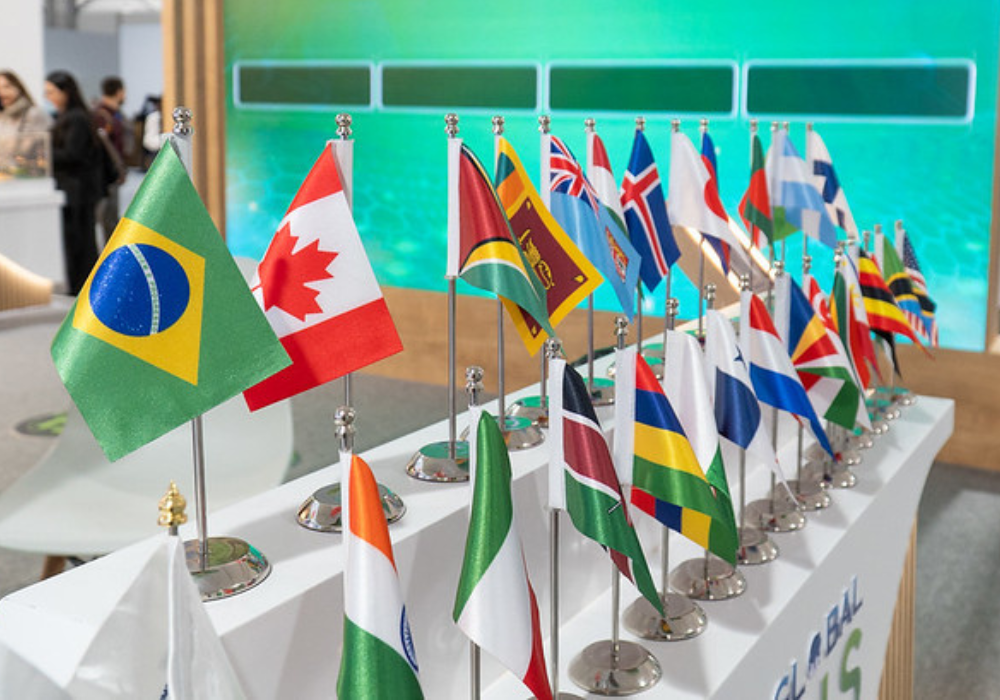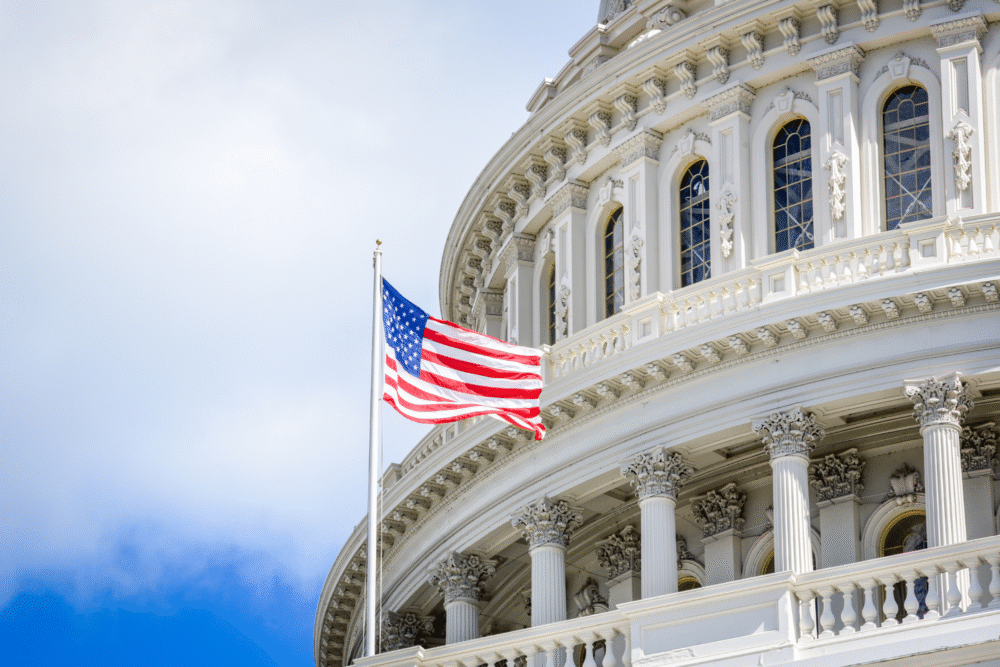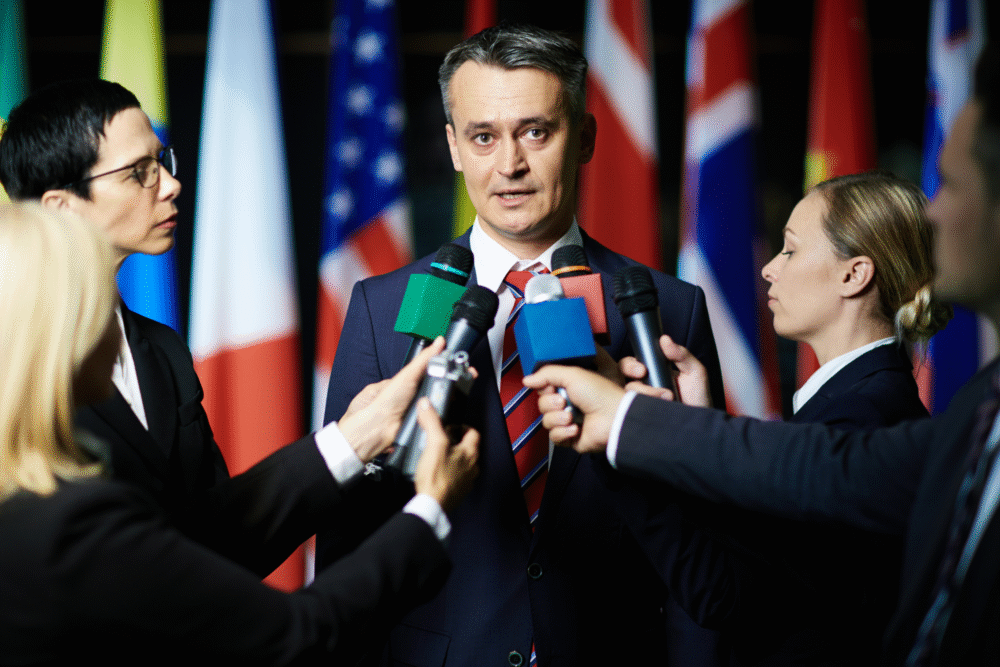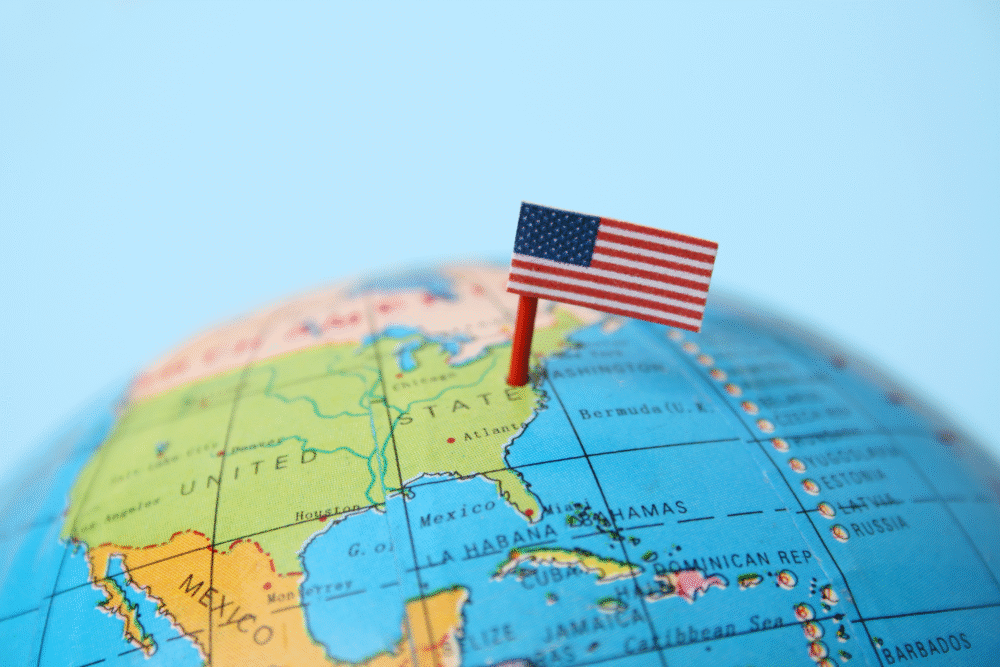Global leaders are moving ahead—but can they succeed without the world’s second-largest polluter?

The world is gathering in Brazil for COP30, the next pivotal climate summit, but one key player may be missing: the United States. With shifting political winds and waning federal commitment, America’s presence at international climate talks is anything but certain. That’s a serious problem.
The U.S. is not just a top emitter—it’s a global superpower whose absence could stall progress, weaken accountability, and embolden other nations to backslide on promises. At COP30, countries are expected to finalize their next round of national climate commitments.
Without American leadership—or even participation—the global community faces a fractured front against a worsening crisis. Can the world reach ambitious climate goals without one of its biggest contributors at the table?
1. The world’s second-largest emitter won’t be there to pledge new cuts.

Without the U.S. at COP30, one of the largest emitters of greenhouse gases won’t be submitting stronger pledges to reduce emissions. This leaves a gaping hole in the effort to cap global temperature rise.
The Paris Agreement is built on a “ratchet mechanism,” where countries must progressively update and tighten their commitments. America’s absence removes a critical piece of that machinery. It also sends a troubling message to other nations: that climate promises are optional and subject to political whim.
Without pressure from the U.S., high-emitting countries like China and India may be less inclined to accelerate their own action. Momentum stalls, and the planet pays the price.
2. Developing nations will lose a key source of climate finance.

The U.S. plays a major role in climate finance, offering billions to help developing nations adapt to rising seas, extreme heat, and unpredictable weather. If the U.S. skips COP30—or shows up without financial commitments—it undercuts trust and damages diplomatic relationships.
Countries in the Global South already face an uphill battle to meet emissions targets while dealing with limited resources. Without U.S. backing, the promised $100 billion-a-year climate fund may fall further short.
This loss could lead poorer nations to pull back from their own goals, deepening the inequality at the heart of climate impacts. Funding gaps widen, and frontline communities are left to face the worst alone.
3. China could step into the leadership vacuum—on its own terms.

If the U.S. opts out, China—the world’s largest emitter—could become the de facto leader of global climate negotiations. But its leadership may not align with democratic values or the transparency expected by other nations.
China has already invested heavily in renewables, but its domestic policies still support coal and other fossil fuels. Without the counterbalance of U.S. influence, China may steer the agenda to suit its economic priorities rather than urgent planetary needs.
Smaller nations may feel pressured to fall in line, even if the climate science demands more aggressive action. The result could be a diluted agreement that prioritizes power politics over real progress.
4. Climate accountability mechanisms may lose their teeth.

The presence of powerful nations like the U.S. helps reinforce mechanisms that track whether countries follow through on their climate promises. These include transparency frameworks, progress reviews, and peer pressure that nudges lagging countries to step up.
If the U.S. is absent or disengaged, these accountability structures weaken. Countries that fall short may face fewer consequences or public scrutiny. Without America’s backing of transparency and enforcement, the entire framework becomes more symbolic than effective.
This erosion of trust and rigor threatens to turn COP30 into a hollow exercise in diplomacy—well-meaning, but ultimately ineffective in driving change.
5. Global climate progress could backslide without U.S. pressure.

Historically, the U.S. has helped push global standards forward—from methane regulations to emissions caps for aviation. While not always perfect, American advocacy has often driven faster or broader adoption of climate-friendly policies.
If the U.S. steps back at COP30, it removes a key source of pressure that encourages countries to reach higher. This could lead to a “race to the bottom,” where nations default to easier or less costly targets.
Collective ambition flattens, and vital goals—like staying below 1.5°C of warming—slide out of reach. Without the U.S. setting the pace, progress risks becoming too slow to meet the moment.
6. American innovation won’t be showcased or shared.

U.S. companies, scientists, and entrepreneurs are leaders in climate tech—from carbon capture and green hydrogen to advanced grid systems. COP summits are critical venues for exchanging ideas, forging partnerships, and accelerating global adoption of solutions.
If America skips COP30, it forfeits a chance to showcase these advances and inspire others. Countries looking for tested models may turn elsewhere, delaying progress or adopting less effective technologies.
The absence of U.S. research institutions and startups from global discussions could slow down innovation worldwide. Collaboration suffers, and promising breakthroughs remain siloed, just when they’re needed most.
7. Domestic climate policy could suffer without global alignment.

Participation in international climate talks often shapes what happens back home. When U.S. leaders engage in COP summits, it reinforces the urgency of domestic policy, from clean energy incentives to pollution regulations.
Without the spotlight of global climate diplomacy, lawmakers may feel less pressure to act boldly or quickly. Industry lobbyists could gain ground, pushing back against needed reforms. The signal to voters and corporations becomes muddled.
Momentum slows, and the political will to address climate change erodes further—making it even harder to re-enter the conversation with credibility in the future.
8. U.S. credibility on climate takes another hit.

The U.S. has already exited and re-entered the Paris Agreement once. Skipping COP30—or showing up without substance—could cement the image of America as an unreliable climate partner.
Allies may begin forging agreements that work around the U.S., leaving it with less influence in shaping the rules of the clean-energy future. Trust is hard to rebuild once broken, and a weakened international reputation could have ripple effects far beyond climate.
Trade negotiations, security alliances, and global cooperation all hinge on credibility. If America becomes known for backing out of shared commitments, it risks long-term diplomatic damage.
9. The fight for climate justice could lose a major voice.

U.S. civil society groups, activists, and nonprofits have played a major role in pushing for climate justice on the global stage—especially for Indigenous peoples, frontline communities, and youth.
These voices gain strength when backed by national representation at summits like COP30. Without that platform, the call for equity may be harder to hear. The absence of the U.S. government may also weaken advocacy efforts back home, leaving vulnerable groups with fewer champions at the international level.
When the world gathers to set a course for the future, who shows up—and who doesn’t—can shape not only the policies, but whose stories get told.